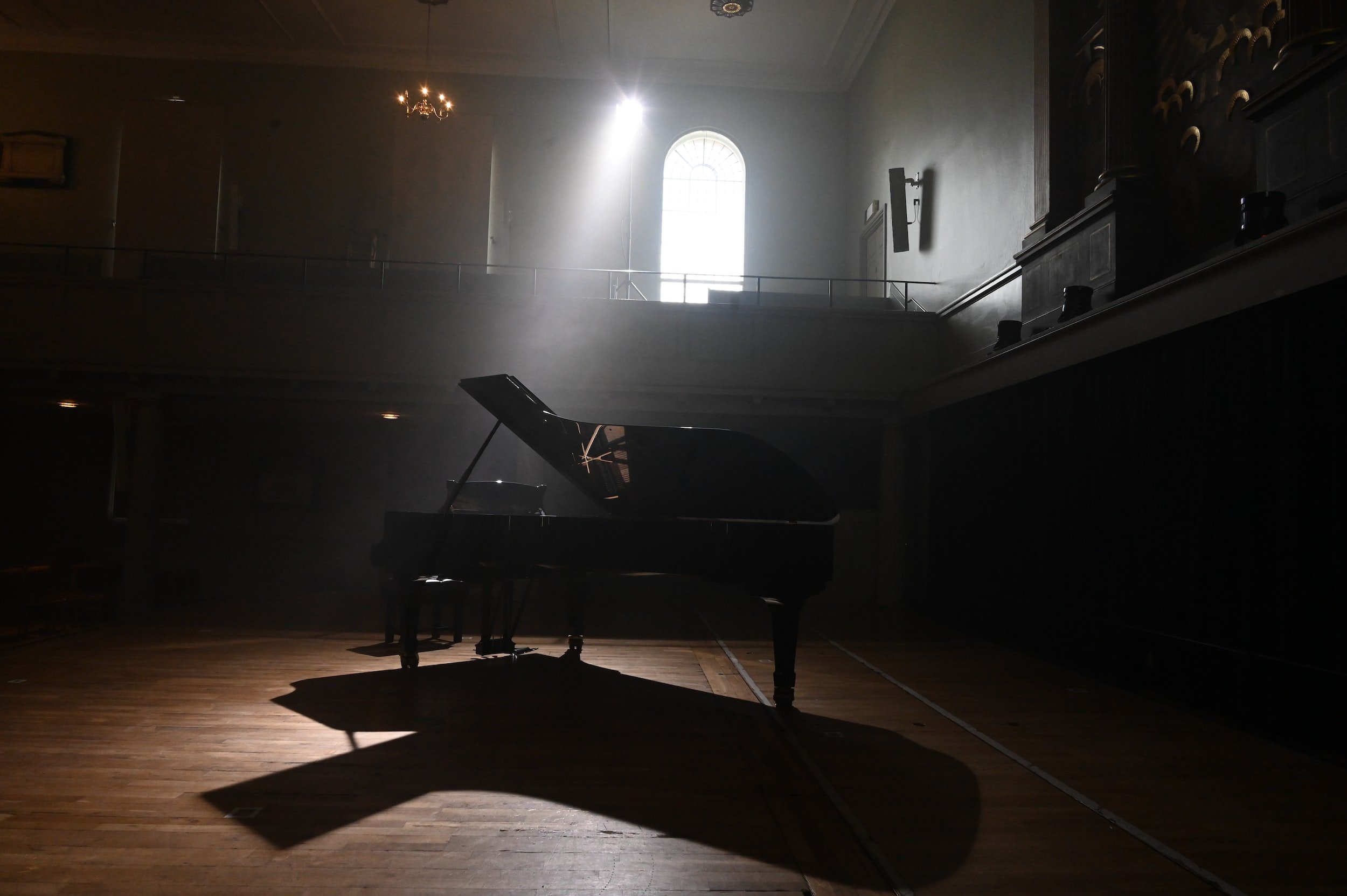
My Teaching Philosophy
One of the most rewarding elements of working with students is knowing the direct impact I can make on their musical and personal growth. As a teacher and mentor, I strive to create positive and meaningful experiences within the classroom that promote lifelong learning in creativity, problem-solving, critical thinking, and resilience. I am committed to fostering a student-centered, inclusive environment that honors diverse backgrounds, abilities, and learning styles.
The classroom environment plays a crucial role in shaping a student’s learning experience. I approach each class with kindness and encouragement, creating a safe space for exploration and mistakes while maintaining firmness when needed to reinforce concepts or boundaries. I believe that music education should balance freedom of expression with grounding in techniques and methodologies, and I work to help students discover their unique voices within the framework of music traditions.
A positive learning environment also thrives on peer interaction. In my classroom, students have the opportunity to learn from one another through regular presentations, peer evaluations, and independent projects, cultivating a supportive musical community that embraces creativity and diversity. I encourage students to reflect on their individual growth, fostering an inspirational and respectful culture where they uplift each other in the community. By building a supportive classroom, I hope to connect my students with meaningful networks of life-long friends beyond the conservatory.
Much of my teaching philosophy stems from my own experiences as a student, where a close relationship with my first piano teacher, Susan Chemm, became a cornerstone of my musical journey. The personal connection I developed with her over ten years encouraged me to persist through challenges. She believed in me when I didn’t believe in myself, and she gave me the confidence to exceed my limits. Looking back, I realize that she taught me so much beyond music, inspiring me to similarly strive to give my best to my students. Like her, I aim to cultivate strong, respectful relationships with my students by seeing them as musicians at every stage of their learning. Through thoughtful, constructive feedback and a flexible teaching approach, I adapt to each student’s unique learning style and aspirations, which is essential to creating an inclusive, student-centered environment.
Compassion, kindness, and understanding are at the heart of my teaching practice. Throughout the semester, I take time to get to know each student individually, whether it’s through office hours or one-on-one routine check-ins. In understanding my students' diverse needs, goals, and personalities, I can tailor my teaching approach to better resonate with them over time. This could involve different methods of teaching the same concept, such as practical demonstrations for one student or theoretical explanations for another. By recognizing students' personal backgrounds, cultures, and interests, I ensure that learning remains relevant and engaging, bringing out the full potential of each individual.
I believe that setbacks are not failures but feedback and growth opportunities. By helping students develop problem-solving skills and resilience, I aim to equip them not just for success in music, but for any discipline they choose to pursue. I evaluate the impact of my own teaching through continuous feedback from students, performance assessments, and the progress they demonstrate over time. By creating opportunities for performance, exams, and peer evaluation, I help students achieve tangible milestones that reflect their development.
Ultimately, my growth as a musician and educator is a lifelong journey, and I strive to reflect this ongoing learning in my teaching. I use these insights to refine my pedagogical approach as I gain new perspectives through my personal and professional experiences.



